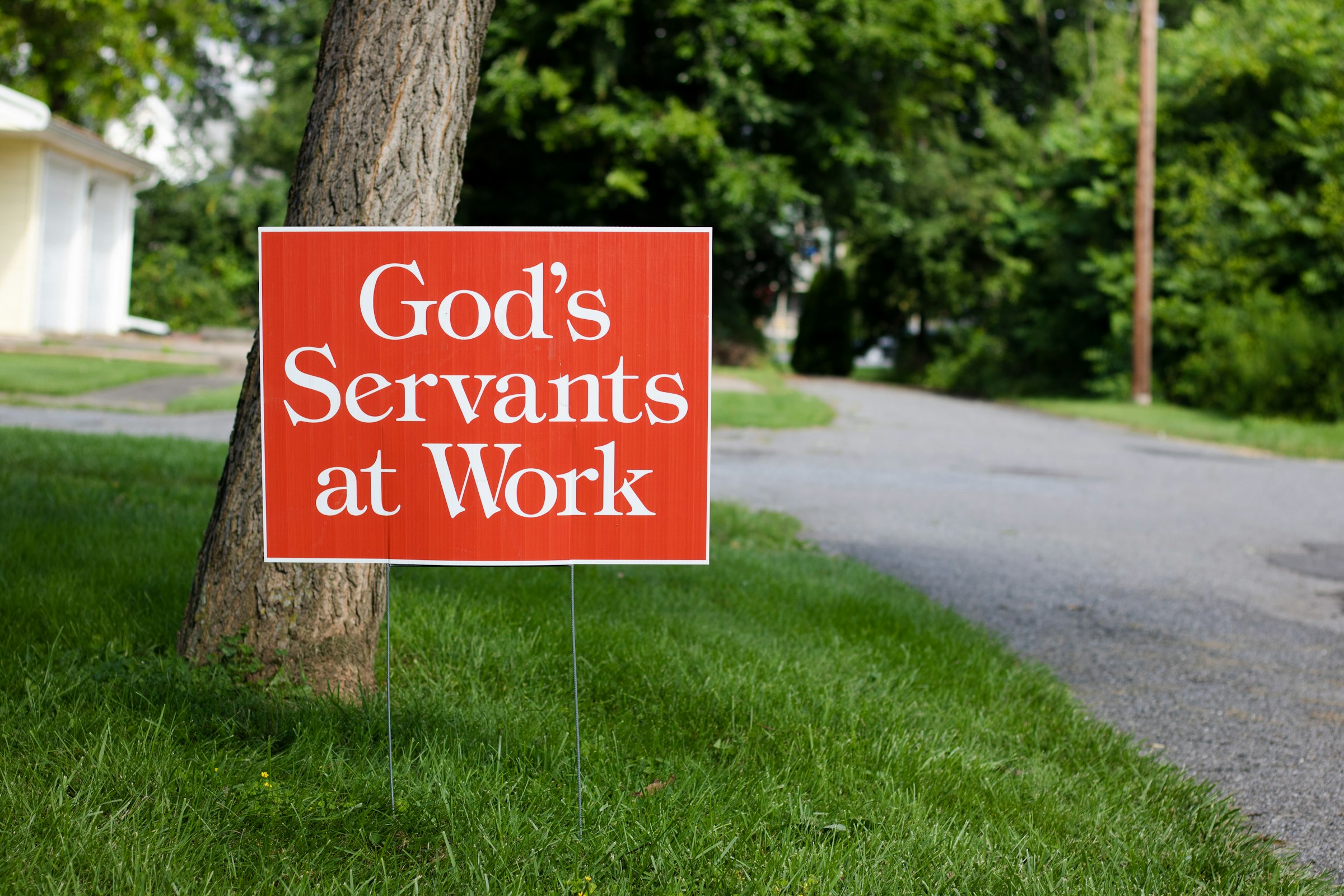Speaking about faith in the workplace and the importance of Christian heritage to British culture elicited the most divisive responses. The most unified responses concerned whether the media had recently provided balanced religious coverage and the relationship between religious and British identities. All findings are based on a survey conducted by Whitestone Insight of 2,072 UK adults between September 27th and 29th, 2024.
The findings showed that 80% of respondents perceived a moderately high threat to British society by religious extremism. Despite this strength of feeling, religious groups were divided on this issue. 83% of Christians and 71% of Hindus agreed there was a threat of religious extremism, compared to 48% of Muslims.
That said, 67% of faith respondents agreed they felt completely comfortable to practise their religious beliefs without fear or intimidation, regardless of age.
Most respondents across the sample agreed that religion and law should be kept separate in Britain (73%) and many were divided on whether people should speak about their faith in the workplace. 74% of Hindus agreed that people should not discuss their faith at work, compared to 34% of Christians and 30% of Muslims. Responses were also divided on the importance of Christian heritage to British culture. While 68% of the total sample affirmed its importance, this support largely came from Christian and Hindu respondents (84% and 75% respectively) over Muslims (44%).
When asked if faith had helped participants find purpose in the last four weeks, 40% agreed. However, Christians were the least likely to have recently found purpose through their faith (36%) compared to Hindus who were the most likely (73%).
Participants were highly unified on the importance of understanding world religions (69% agreed) and on the extent to which they consider their British identity as important as their religious identity (71% agreed). There was also a consensus among faith respondents of feeling free to tell people about their faith in the last four weeks, with only 17% reporting to have avoided such instances. Interestingly, while younger populations have largely displayed greater interest in religion across all measures, they were more likely according to this month’s findings to have avoided speaking about their faith than older populations.
The findings showed that 54% of respondents (largely from ages 45 and upwards) wanted to see less religion in the media. Christians were the most likely to want to see less media coverage (47%), followed by Muslims (36%), and Hindus (19%). Religious groups were most divided on whether the media portrayed some groups more negatively than others. Muslims were in the highest agreement on biassed reporting (66%), compared to 40% of Christians and 33% of Hindus. Only 23% of the total sample agreed the media had been balanced in its religious coverage.
While the fear of religious extremism appeared high and there were concerns about religion in public spheres, there were also numerous positive findings from this report. These findings support previous reports, which have consistently affirmed the importance of understanding world religions and the significance of Britain’s Christian heritage. Moreover, the idea that religious groups may not see their religious and British identities as being at odds with one another, coupled with a perceived sense of religious freedom, indicates a level of positive faith experiences in the UK that may too often be missed.
Methodology: Whitestone Insight interviewed 2,072 UK adults online between 27-29th September 2024. Data were weighted to be representative of all UK adults.
Whitestone Insight is a member of the British Polling Council and abides by its rules.

